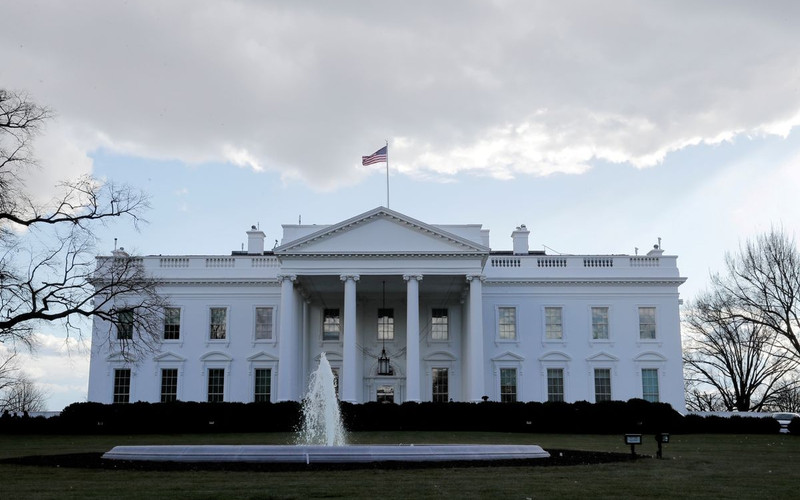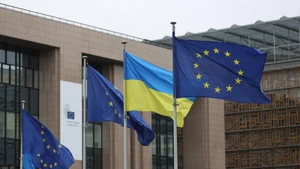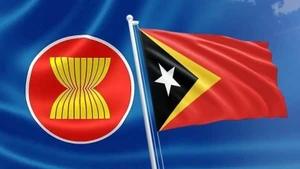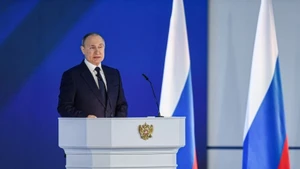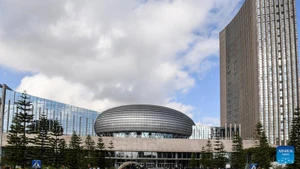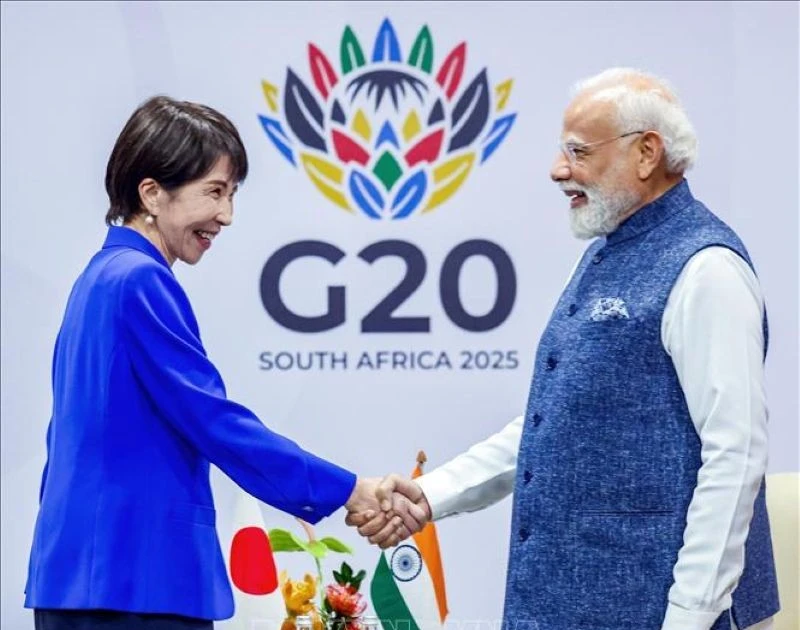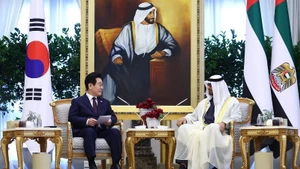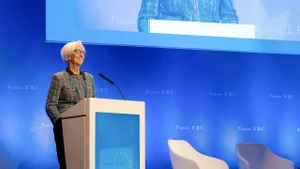During a briefing ahead of the US Secretary’s trip, US Department of State Spokesman Ned Price, was asked whether Secretary Blinken had considered cancelling the trip, given escalating tensions around the Ukraine crisis. In response, Price stressed that the US is capable of “walking and chewing gum at the same time” and Secretary Blinken remains focused on the Ukraine crisis. Price added that during the trip, Secretary Blinken would be “focused to a large degree” on the Ukraine issue.
US Secretary of State Blinken arrived in the Australian city of Melbourne on February 9, beginning a week-long Pacific tour, to attend meetings with key allies. The highlight of the trip, is a meeting with foreign ministers of the Quad, including the US, Australia, India and Japan, which took place today (February 11).
Diplomatic efforts, regarding the Democratic People’s Republic of Korea (DPRK) and the concerns of Pacific islands nations, where US officials believe US competitors are increasing influence, are the main topics of discussion in Melbourne, by top diplomats from the Quad.
In addition, the Quad countries are also expected to discuss how to accelerate the implementation of the goals, especially efforts to provide COVID-19 vaccines for Southeast Asia, ahead of an expected May Summit in Japan, that US President Joe Biden plans to attend.
Meanwhile, climate policies and security challenges, are expected to be the centre of discussions between the US Secretary of State, the Prime Minister of Fiji and leaders of the Pacific island nations.
Blinken will join his Japanese and the Republic of Korea counterparts for talks in Hawaii, with a focus on the DPRK. The heads of the trilateral nuclear negotiators will also hold discussions. These meetings take place in the context of the DPRK's recent launch of several missile tests, causing many concerns. In January alone, the DPRK conducted seven missile tests, of which the launch of an intermediate-range ballistic missile marked the longest-range missile test, since November 2017.
The US Secretary of State's trip to the Pacific, came a few days after China and Russia issued a statement, affirming the “no limits” strategic partnership between the two countries. Experts from the US State Department on East Asia, warn that rising tensions with the West, have strengthened relations between Russia and China, while US-China relations have been assessed at their lowest point in decades, due to disagreements on many issues.
Meanwhile, analysts believe that the withdrawal of the US, by former President Donald Trump, from the current trade framework called the Comprehensive and Progressive Agreement for Trans-Pacific Partnership (CPTPP), has undercut US engagement in the Asia-Pacific region.
In that context, Secretary Blinken's visit aims to reaffirm the importance and challenges for Washington, in the Indo-Pacific region. The US wishes to reaffirm the trilateral security partnership pact, between the UK and Australia (AUKUS), as well as raising the level of cooperation of the Quad, thereby demonstrating and expanding Washington's commitment to the strategic region, the heart of American foreign policy.
